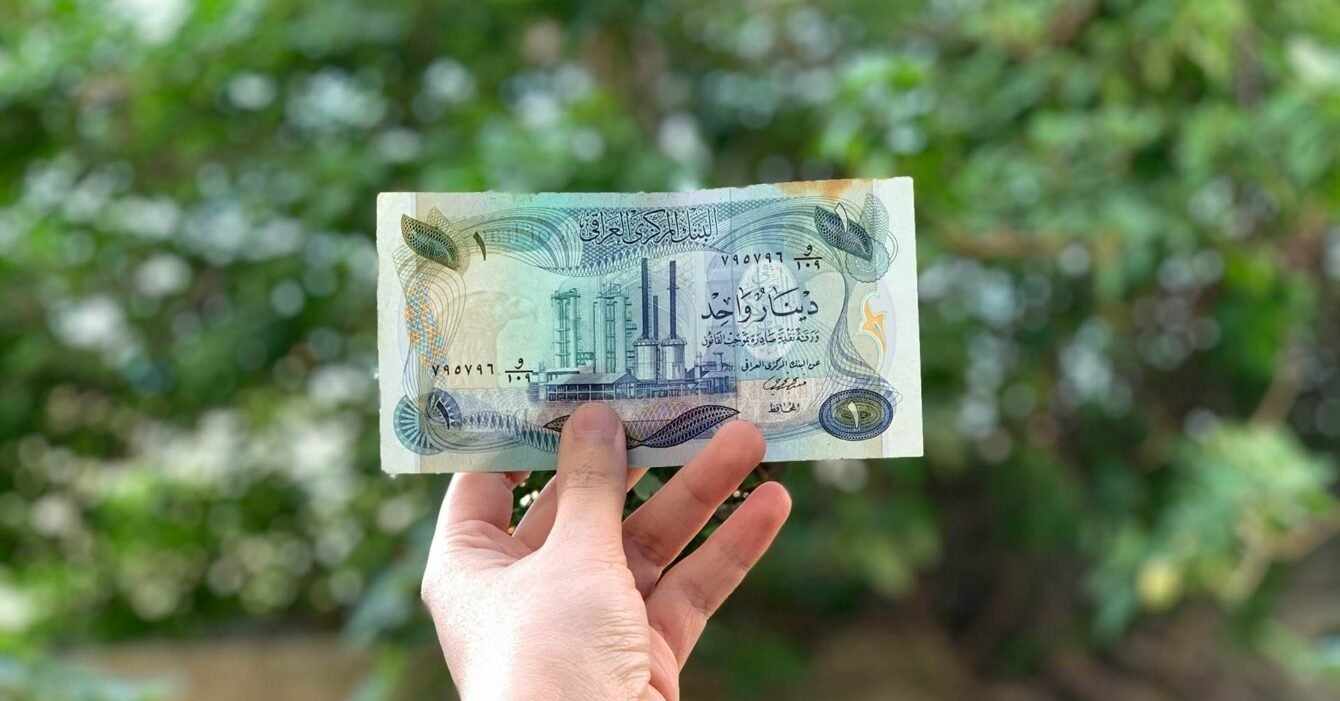The International Monetary Fund (IMF) recently highlighted critical insights regarding Iraq’s economic trajectory in its 2024 Article IV consultation. Despite the economic contraction of 2.2% in 2022, Iraq’s economy shows promising signs of recovery with projected growth rates of 1.4% in 2024 and a robust 5.3% in 2025. These Market Research Iraq Trends Q1 & Q2 2024 underscore significant market opportunities and demand astute market research to capitalize on emerging trends.
Domestic Stability and Fiscal Expansion
Since the new government took office in October 2022, domestic stability has markedly improved, facilitating the passage of Iraq’s first three-year budget. This budget initiated a substantial fiscal expansion in 2023, which has spurred a strong recovery in Iraq’s non-oil economy. This growth is critical for diversifying Iraq’s economic base and reducing its dependency on oil revenue.
Iraq: Selected Economic Indicators, 2023–25 | |||
Population: 455 million (2023 est.) | |||
Per capita GDP: US$ 5,591(2023) | |||
Poverty rate: 23 percent (2014) | |||
Main products and exports: Crude oil | |||
Key export markets: United States, India, China, South Korea | |||
Output | 2023 (Est.) | 2024 (Proj.) | 2025 (Proj.) |
Real GDP (% change) | -2.2 | 1.4 | 5.3 |
Non-oil real GDP (% change) | 6.0 | 3.5 | 3.3 |
Prices | |||
Inflation, end of period (%) | 4.0 | 4.0 | 4.0 |
Inflation and Fiscal Imbalances
The IMF reports that domestic inflation declined to 4% by the end of 2023, attributed to lower international food prices, a revaluation of the currency in February 2023, and normalization in trade finance. However, the large fiscal expansion and declining oil prices have exacerbated fiscal imbalances. These imbalances pose significant risks, including potential sovereign debt stress and vulnerabilities due to fluctuating oil prices.
Growth and Fiscal Challenges
While the ongoing fiscal expansion is expected to boost growth in 2024, it may further deteriorate fiscal and external accounts. The IMF projects a widening fiscal deficit from 1.3% of GDP in 2023 to 7.6% in 2024. This highlights the need for an ambitious fiscal adjustment to stabilize debt and rebuild fiscal buffers. Iraq’s public debt-to-GDP ratio is expected to rise from 48.2% in 2024 to 54.6% in 2025.
Key Recommendations for Economic Stability
The IMF directors emphasize a gradual yet substantial fiscal adjustment to stabilize debt and ensure long-term economic stability. They recommend focusing on controlling the public wage bill, phasing out mandatory hiring policies, and mobilizing non-oil revenues. Additionally, better targeting of social assistance, implementation of customs and revenue administration reforms, and strict control over extrabudgetary funds are crucial for fiscal consolidation.
Structural Reforms and Market Opportunities
Structural reforms are essential for unlocking private sector development and identifying new market opportunities. The IMF encourages reforms in education and labor laws, boosting female labor force participation, and leveling the playing field between public and private jobs. These measures can significantly enhance Iraq’s economic development and market opportunities.
Moreover, modernizing the private banking sector, reducing regulatory uncertainties, and improving the efficiency and competitiveness of private banks are vital steps. Accelerating the restructuring of large state-owned banks is also crucial for financial stability and growth.
Improving Governance and Combating Corruption
Improving governance and combating corruption are key to fostering a conducive business environment. Strengthening the anti-money laundering and combating the financing of terrorism (AML-CFT) framework, enhancing public procurement and business regulations, and addressing inefficiencies in the electricity sector are necessary steps.
Conclusion
Iraq’s economic outlook for 2024 and beyond presents a mix of challenges and opportunities. The IMF’s projections and recommendations underscore the need for strategic fiscal adjustments, structural reforms, and governance improvements to achieve sustainable economic development. For businesses and investors, understanding the nuances of these Market Research Iraq Trends Q1 & Q2 2024 is crucial for identifying and capitalizing on new market opportunities. With focused efforts on economic diversification and structural reforms, Iraq can navigate its fiscal challenges and pave the way for robust growth and development.

